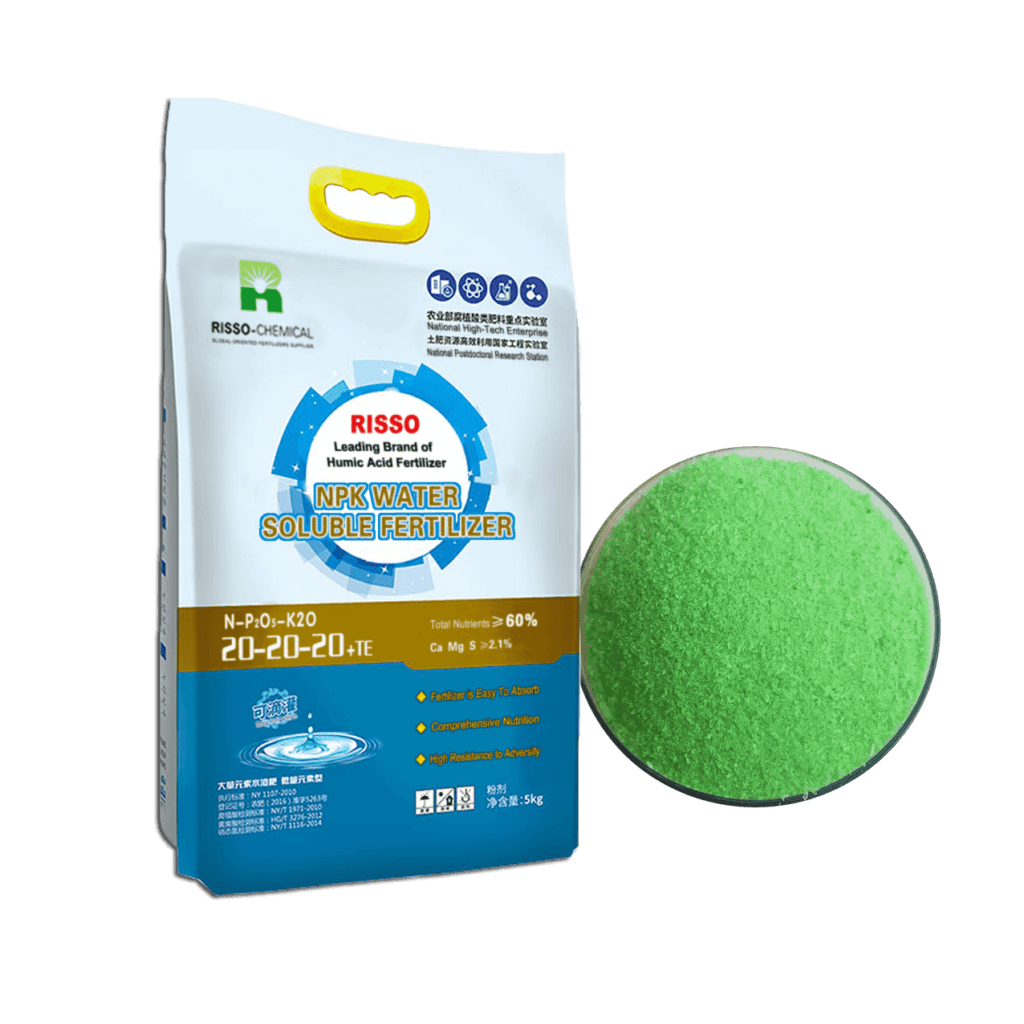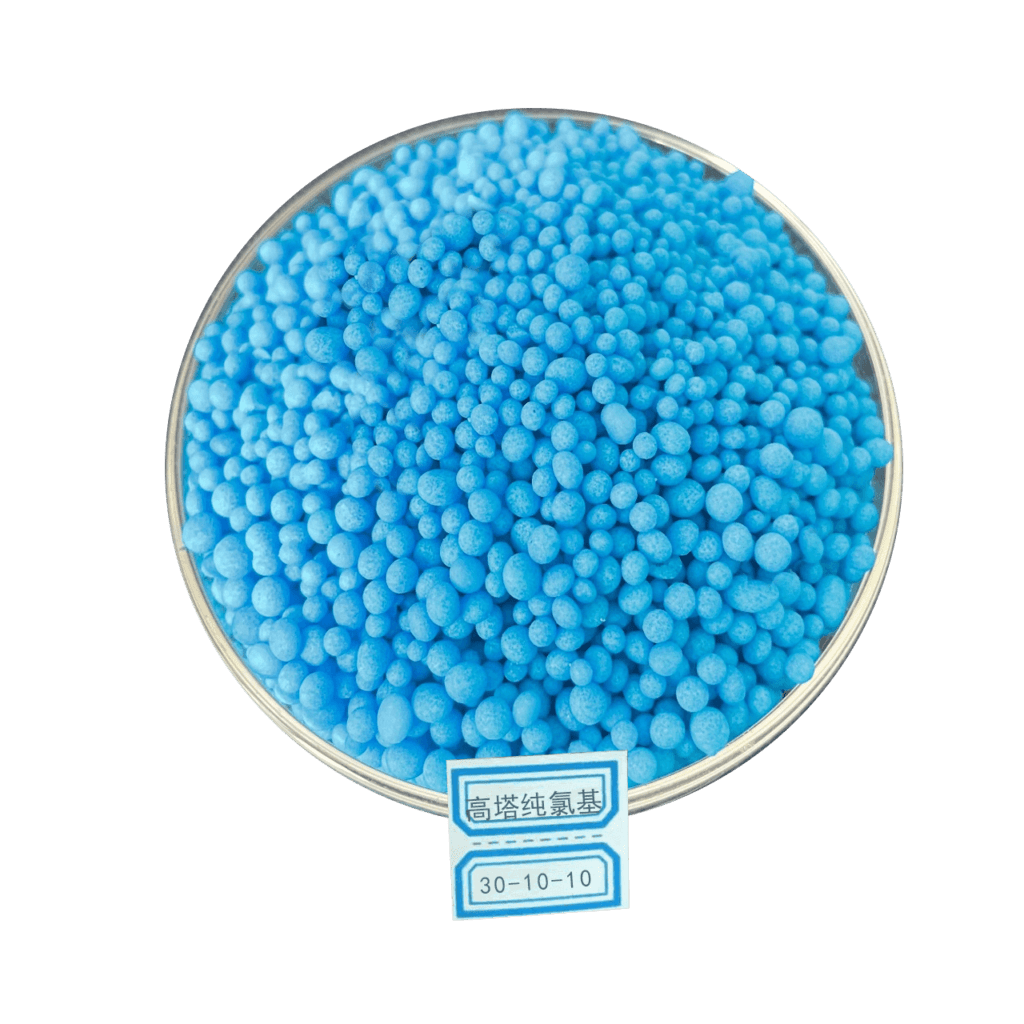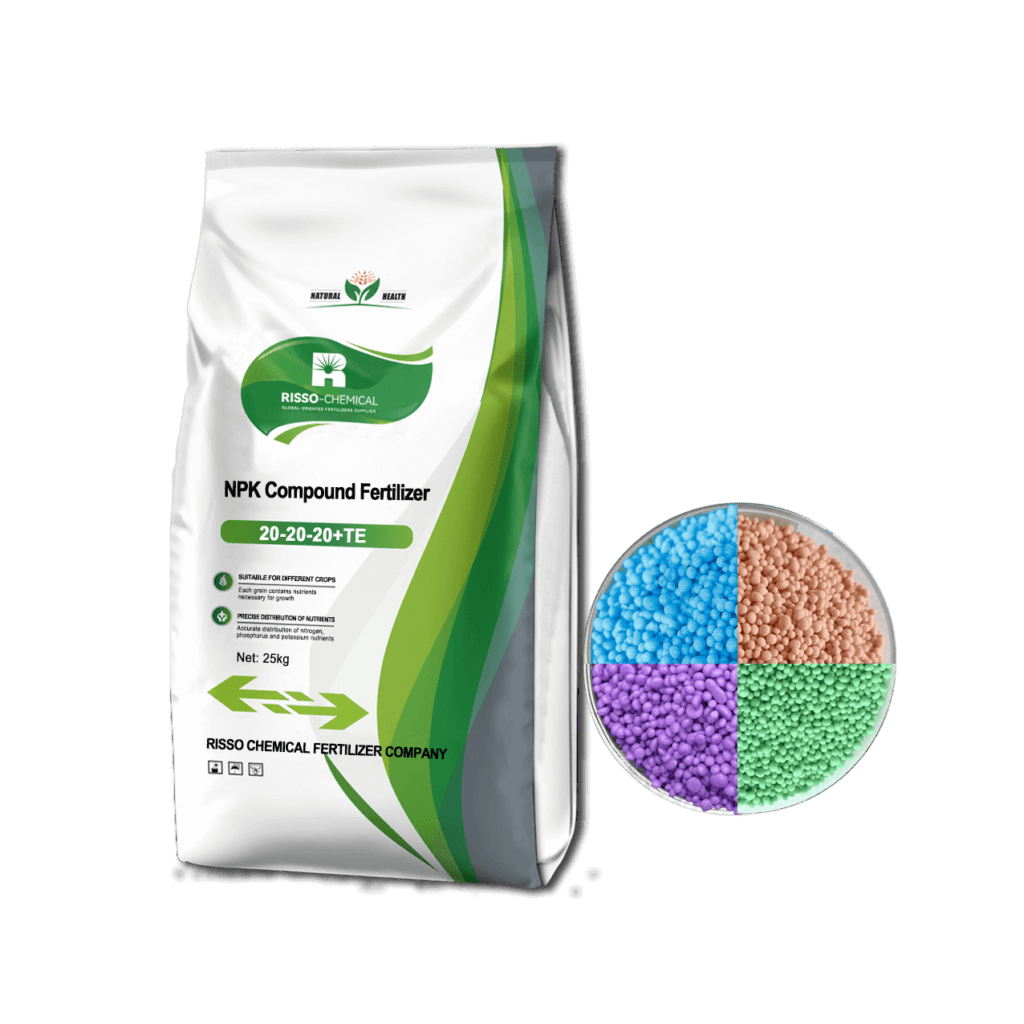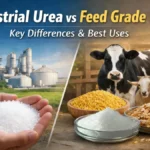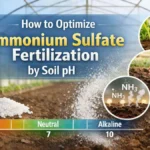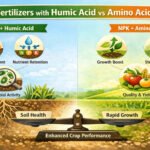Let more growers get greater benefits
What is the NPK Price in 2024: Different types of NPK fertilizers
- Industry News
- December 21, 2019
- 10:39 am
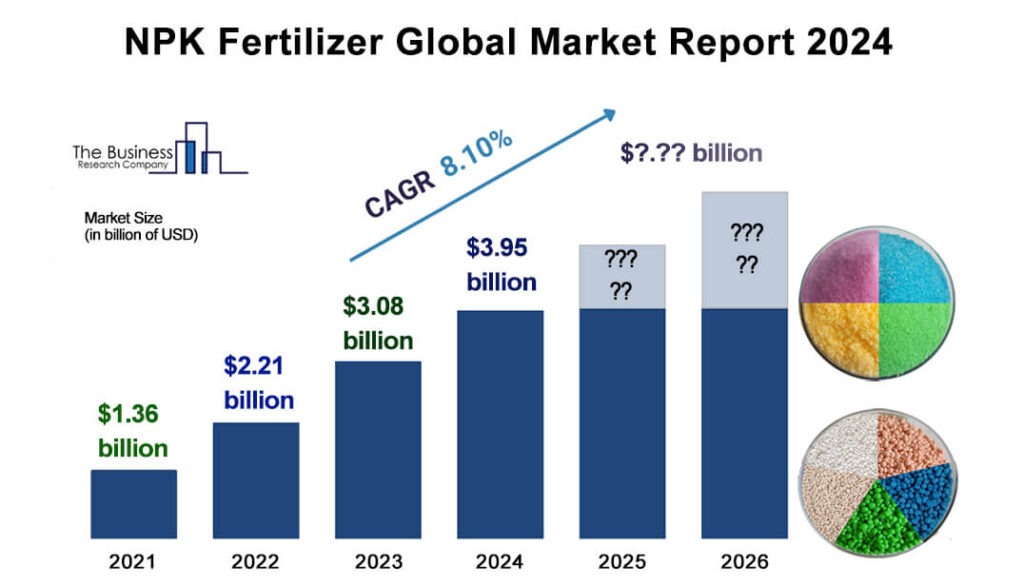

For anyone involved in agriculture or gardening, NPK fertilizers (Nitrogen, Phosphorus, and Potassium) are essential for ensuring optimal plant growth and high crop yields. However, NPK fertilizers come in various types and forms, each with its unique price range. Knowing the different types of NPK fertilizers and their prices can help you make better purchasing decisions. This guide provides insights into the types of NPK fertilizers available, price differences, and tips on choosing the right one for your crops.
List of Contents
What is NPK Fertilizer?
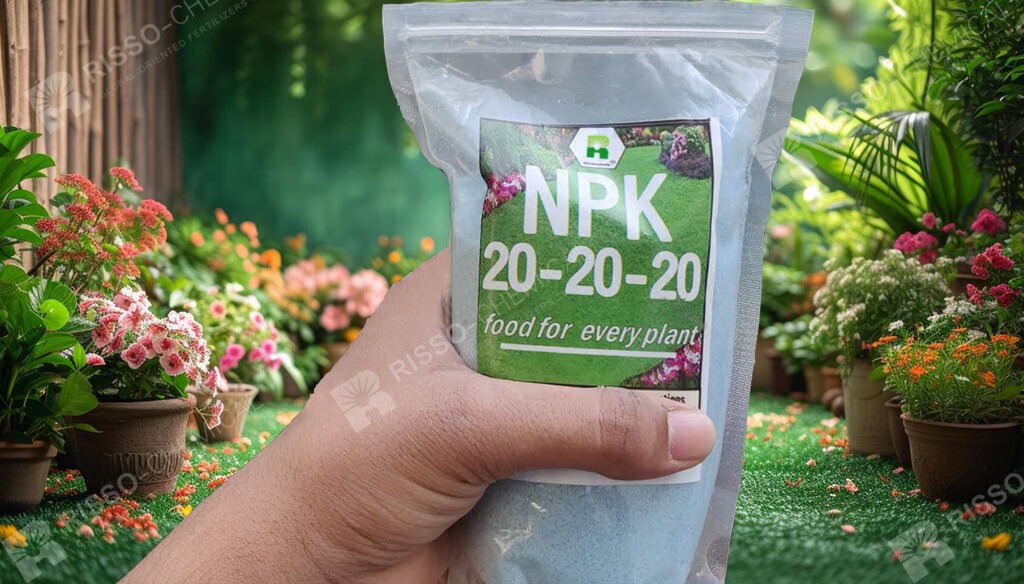

NPK fertilizers are formulated with three essential nutrients:
- Nitrogen (N): Encourages leafy and green growth.
- Phosphorus (P): Supports root development and flowering.
- Potassium (K): Boosts resilience, water uptake, and disease resistance.
These fertilizers come in different NPK ratios, such as 16-16-16 or 20-10-10, where each number represents the percentage of each nutrient. Let’s dive into the types of NPK fertilizers and their price variations.
Types of NPK Fertilizers and Their Price Ranges
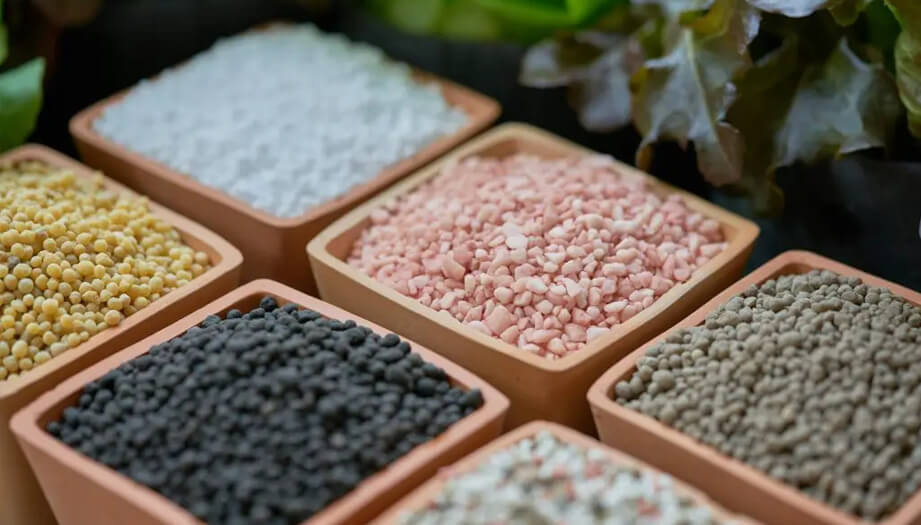

The price of NPK fertilizers can vary widely depending on the type, formulation, and purpose. Here’s a breakdown of the main types:
1. Granular NPK Fertilizers
Granular NPK fertilizers are among the most commonly used types. They are slow-release fertilizers, ideal for crops that need a steady nutrient supply over time. Granular fertilizers are usually more affordable and are applied to the soil directly.
Average Price Range: $350 – $700 per metric ton, depending on the NPK ratios and brand.
- Popular Ratios: 15-15-15 (general-purpose), 30-10-10 (high nitrogen for leafy growth), and 12-24-12 (high phosphorus for flowering plants).
- Benefits: Cost-effective and suitable for most large-scale applications.
2. Liquid NPK Fertilizers
Liquid NPK fertilizers are often chosen for their fast-acting nature. They provide immediate nutrient availability and are ideal for young plants or when quick growth is needed. However, liquid fertilizers tend to be more expensive than granular options.
Average Price Range: $500 – $900 per metric ton.
- Popular Ratios: 10-10-10 and 5-10-5 for flowers and vegetables.
- Benefits: Fast absorption, easy application in irrigation systems, and useful for foliar feeding.
3. Water-Soluble NPK Fertilizers
Water-soluble NPK fertilizers are popular for precision farming, hydroponics, and situations where nutrient delivery control is essential. These fertilizers dissolve entirely in water, allowing for precise and even distribution. They are generally priced higher due to their specialized formulation.
Average Price Range: $550 – $1,200 per metric ton.
- Popular Ratios: Customized ratios like 20-20-20 or crop-specific blends for specific growth stages.
- Benefits: High control over nutrient delivery and ideal for drip irrigation systems and greenhouse cultivation.
4. Slow-Release and Controlled-Release NPK Fertilizers
These fertilizers are designed to release nutrients gradually over a longer period. Often used in ornamental plants and certain high-value crops, they reduce the need for frequent re-application. These fertilizers can be more expensive than traditional granular types due to advanced technology involved.
Average Price Range: $600 – $1,200 per metric ton.
- Popular Ratios: Formulated for specific plant needs, like 16-8-12 for turfgrass or 12-6-6 for flowering shrubs.
- Benefits: Reduced frequency of application, cost savings over time, and lower nutrient loss.
Factors Affecting NPK Fertilizer Prices
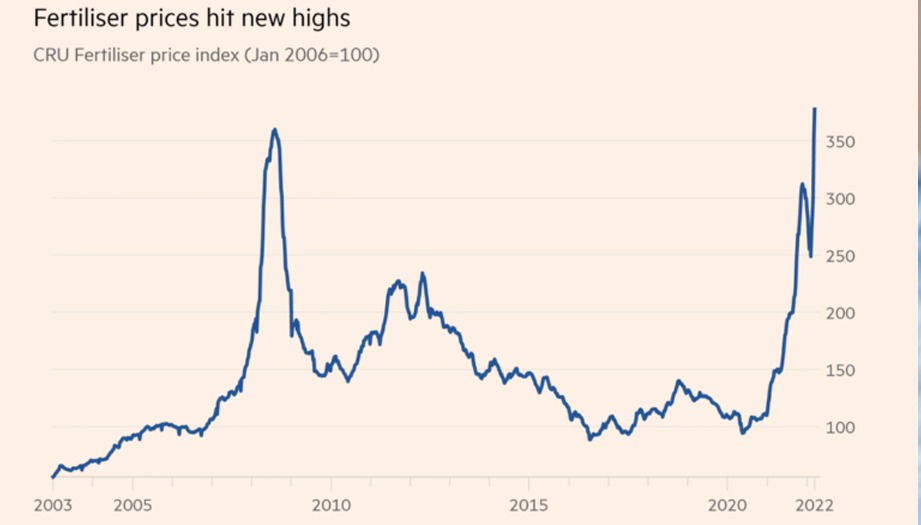

- Nutrient Ratios and Formulation Complexity Specialized formulas, especially those tailored for hydroponics or slow-release, often cost more due to the precise manufacturing processes.
- Raw Material Costs Fluctuations in raw materials, such as natural gas (used in nitrogen production), impact NPK fertilizer prices. High-quality potassium and phosphorus sources can further increase costs.
- Brand and Quality Assurance Reputable brands that prioritize quality, consistency, and sustainability may offer NPK fertilizers at premium prices. These fertilizers typically provide more reliable results and support efficient nutrient uptake.
- Regional and Global Demand Prices vary by region and fluctuate based on seasonal demand. In large agricultural markets, bulk orders can influence local price trends, especially during planting seasons.
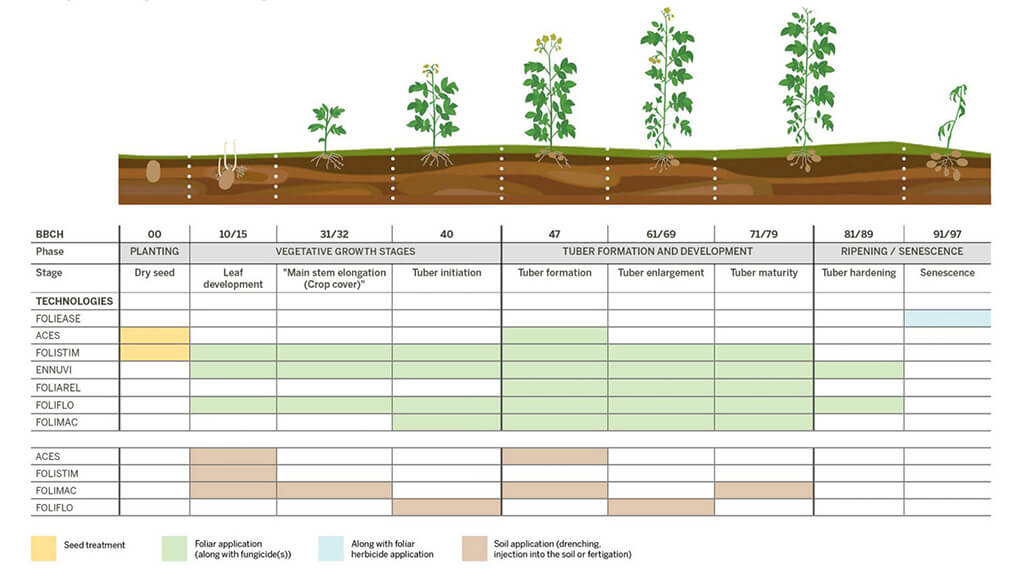

Consider the Crop Type and Growth Stage
Different crops and growth stages require different nutrient balances. For example, vegetables often benefit from balanced ratios like 10-10-10, while flowering plants might need a phosphorus-heavy mix like 5-10-5.Analyze Soil Conditions
Conducting a soil test can help identify nutrient deficiencies, guiding you in selecting the most effective NPK fertilizer.Evaluate Application Methods
For conventional soil applications, granular fertilizers may suffice. However, for hydroponics or high-value crops, water-soluble or liquid fertilizers can be more beneficial.Budget Considerations
Consider your budget for both initial costs and potential long-term savings. While slow-release fertilizers have a higher upfront cost, they require less frequent application, potentially lowering costs over time.
Where to Buy NPK Fertilizers at Competitive Prices
Local Agricultural Suppliers
Local suppliers often provide bulk discounts and regional blends tailored to local soil conditions.Online Retailers and Agricultural Marketplaces
E-commerce platforms offer a wide range of options, making it easy to compare brands and prices. Many online retailers also offer discounts for bulk orders.Direct from Manufacturers
Buying directly from NPK fertilizer manufacturers can get you better prices, especially for large-scale farming needs. Look for established brands that offer product quality guarantees.
Conclusion
Selecting the right type of NPK fertilizer and understanding the price differences between granular, liquid, water-soluble, and slow-release options can help maximize crop yields and optimize fertilizer budgets. As fertilizer prices continue to fluctuate due to various factors, staying informed about the different types of NPK fertilizers available and their respective prices is essential for making cost-effective and crop-friendly choices.
When purchasing NPK fertilizers, consider factors like nutrient ratios, application methods, and reputable brands to ensure you’re investing in the right product for your agricultural goals.
NPK Related Products
If you want to know other questions about Compound fertilizers or Blended fertilizers, please contact us and we will provide professional answers.
- Article
What will you get when touch?
✔ Quick & helpful reply within 6 hours.
✔ Tailored solutions for your project.
✔ One-stop product, tech, market
TRENDING
Want to find a China fertilizer manufacturer?
Risso will be your best choice; send us your request for your fertilizer details requirement
TAIAN RISSO CHEMICAL FERTILIZER CO.,LTD.
- Address: High-tech Development Zone, Taian City, Shandong Province
© Copyright 2017 RISSO CHEMICAL. All Rights Reserved.



